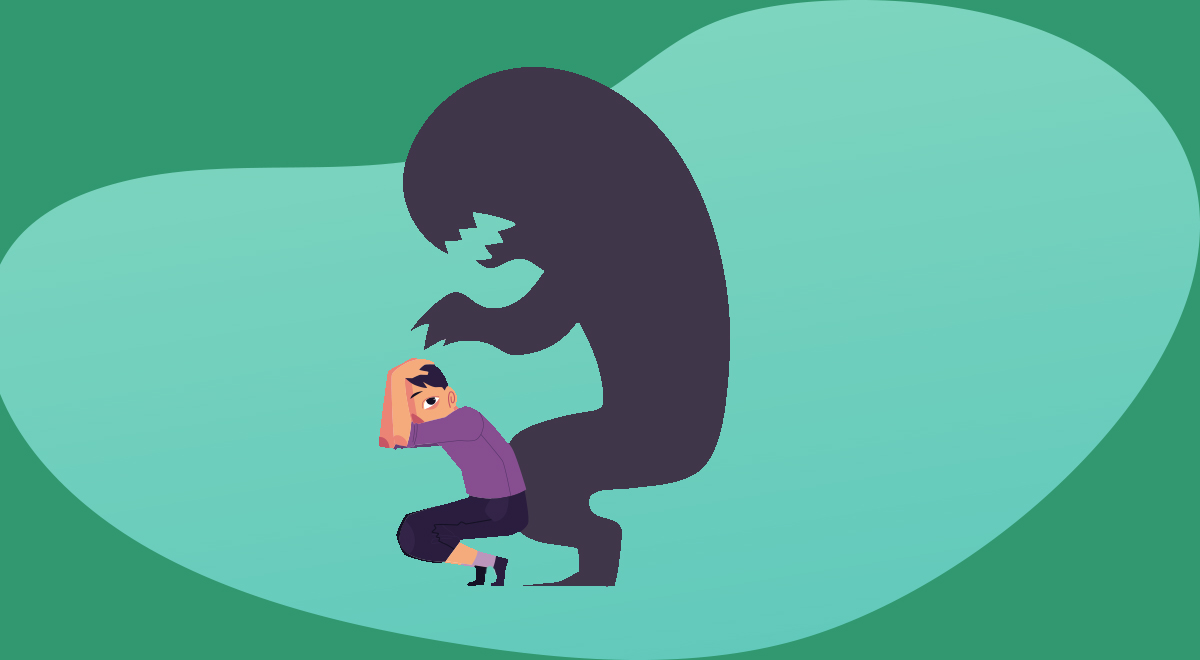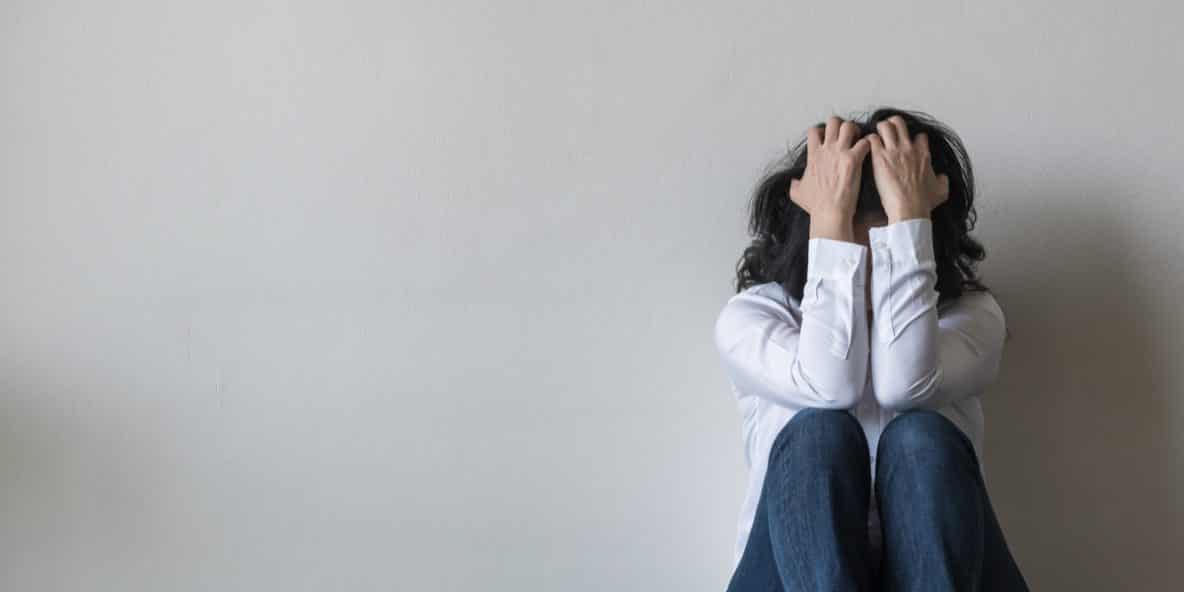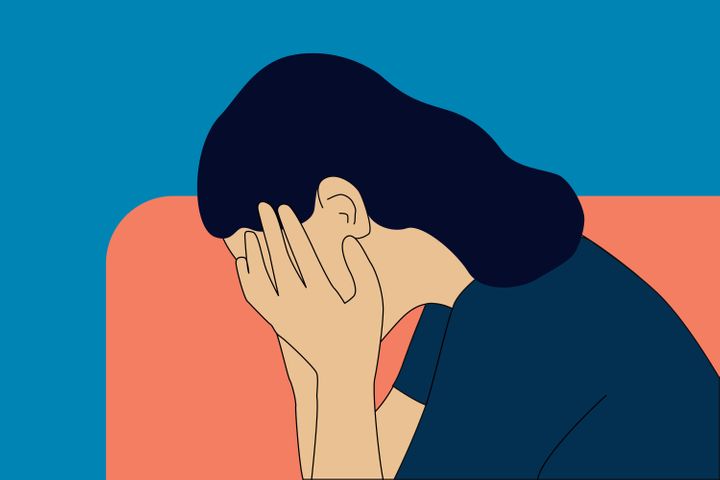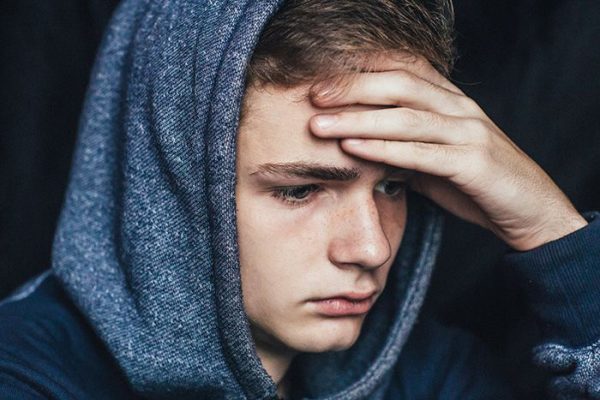If you suffer from anxiety, you need to be familiar with the physical symptoms of anxiety. However, it can turn out to be a challenge. These feelings can often be upsetting. Anxiety can often have a significant impact on the physical body too. It disrupts your mental health.
It is necessary to be familiar with anxiety symptoms. When was the last time you felt anxious? Sometimes your hands will feel sweaty and shaky. The heart rate will eventually speed. It can also make you feel sick.

Many people are not familiar with this, but the physical symptoms of anxiety attack can negatively impact. Furthermore, many people confuse anxiety attacks with nervousness. If you ever feel nervous or unwell, you need to check how your body is reacting.
Table of Contents
What are the types of anxiety?
Anxiety attacks can be different. Nonetheless, not many people are familiar with the types. You may feel anxious on different occasions. Anxiety can eventually turn out to be serious if you don’t take proper care of it. Furthermore, anxiety can last for a long time, thereby affecting the quality of life.
Some of the common types of anxiety that many people are not familiar with include the following:
- Social Anxiety
- Phobia
- Panic disorder
- Separation anxiety
- Generalized anxiety disorder
Different types of fears can often be considered to be the same as anxiety. However, it is necessary to note that anxiety may not always display physical symptoms.
What is anxiety?
Whenever we feel stressed, our body reacts to it in a certain way. Some of the common situations during which we may feel stressed include public speaking or any significant event. You may feel nervous and apprehensive during these situations.

It is natural to feel these emotions. However, sometimes these may increase. It can be an important reason leading to overwhelming anxiety. Many people often suffer from an anxiety disorder. It is necessary to note that anxiety disorder is common in today’s time. Women are more prone to anxiety than men.
What are the physical symptoms of anxiety?
If you’re prone to regular anxiety attacks, your quality of life will reduce significantly. Anxiety will not only affect your mental health but daily life too. As suggested earlier, there are different types of anxiety. Each of these tends to have other symptoms.
In many cases, certain types of anxiety can have different physical symptoms. If you have a panic attack, you may be prone to different conditions. Sometimes you may feel that you are almost on the verge of dying.
Some of the common physical symptoms of anxiety include the following:
- Sweaty palms
- Chest pain
- Lightheadedness
- Chills and overheating
- Trouble in breathing
How your body responds to stress completely depends on how you treat your body. It will also play an essential role in managing it. The response of the body to anxiety is known as the fight-or-flight response. If you are in any danger, your body will start responding to it.

However, it is necessary to note that your body doesn’t always need to be in fight and flight mode. Sometimes your body will become alert. Nonetheless, if you’re conscious in almost all situations, it can have a negative impact on your body. Furthermore, it can also increase the risk of having chronic anxiety.
You may also be able to detect danger quickly. However, if your muscles are in a constant state of tension, you may start suffering from migraines and headaches. The hormones will also respond to cortisol and adrenaline. It can lead to a faster heartbeat and breathing. It is necessary to control the hormones too for better blood sugar levels and digestion. A constant state of stress can harm the long-term.
Impact of Anxiety on Central Nervous System
Panic attacks and anxiety for the long term can lead to an increase in stress hormones release. This can increase the risk of a constant state of depression and headache.
If you feel stressed and anxious regularly, your brain will release hormones. This will make your body respond in a similar manner to a threat. Cortisol and adrenaline are two hormones whose levels will increase in your body if you feel threatened.
While it will increase anxiety, it will also lead you to gain weight.
Impact of anxiety on the excretory and digestive system
Anxiety will affect your digestive and excretory system in a negative manner. Sometimes you may experience symptoms such as diarrhea, nausea, and headache. In many cases, anxiety will also increase the risk of digestive issues. One of the most common anxiety symptoms in the body is the loss of appetite.
Many people suggest that people can develop irritable bowel syndrome due to anxiety. Irritable bowel syndrome can further lead to constipation, diarrhea, and vomiting.
Does anxiety have an impact on the respiratory system?
Yes. It does.
Anxiety leads to shallow and rapid breathing. If you are prone to obstructive pulmonary disease, you will be highly likely to be hospitalized due to anxiety. Furthermore, if you are an asthma patient, the risk will be much higher. This is mostly because you can have several complications that you need to be careful of.
How to know if it is anxiety?
Many people confuse the symptoms of restlessness with symptoms of anxiety attacks. If you think that it may be anxiety, the best thing to do will be to contact a doctor. The doctor is familiar with all the medical issues and can help you properly in the long run.
If any stressful event triggers you regularly, it may be a sign of anxiety. It is advisable to reach out to a mental medical health professional. These people will help you learn the physical symptoms of anxiety. Furthermore, there are screening tools too that can be beneficial for you.
If you are suffering from anxiety, the best thing to do will check all the symptoms. The medical health professional can analyze your symptoms and help you understand if it is anxiety or not.
Final Thoughts
Knowing the physical symptoms of anxiety is exceptionally crucial. No matter how severe specific symptoms are, these can be easily treated. Apart from going on medications, the best thing to do would be to start therapy. Nonetheless, you can bring some lifestyle changes to address anxiety.





